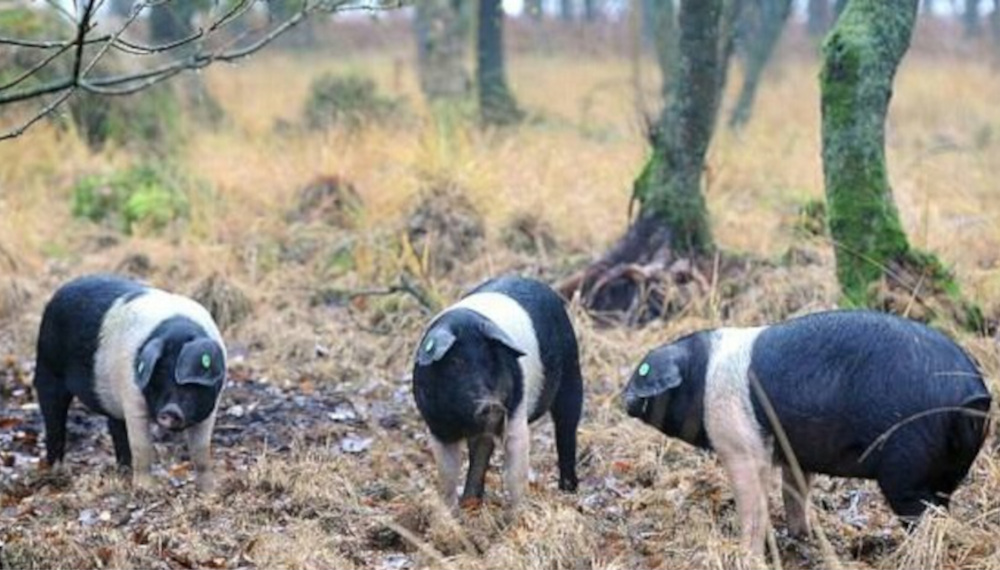The Rare Breeds Survival Trust (RBST) has released the results of its latest survey, which shows that farmers can protect themselves against increases in feeds and supplement costs by choosing native breed livestock.
The RBST Commercial Trends Survey 2023 shows that, of farmers who keep both native and continental breeds or who have switched from continental breeds to native breeds, 69% said that overall costs with native breeds were lower than with continental breeds. This compares with 7% who said native breed costs were higher and 21% who said costs were the same.
On feed and supplement costs specifically, 59% of farmers who keep both native and continental breeds, or who have switched from continental breeds to native breeds, thought their feed and supplement costs were lower with native breeds than their experience or expectation with continental breeds.
The survey also shows that the opportunity for cost savings with native breeds extends to land and veterinary costs too, with 62% saying their costs related to the type of land required are lower with native breeds than with continental breeds, and 53% of respondents saying their veterinary costs are lower with native breeds.
RBST Chief Executive Christopher Price said: “The fact that our hardy native breeds generally require lower inputs has become even more appealing as costs such as feed and supplements have skyrocketed, and look set to stay elevated. The chance to insulate against higher input costs, coupled with the opportunity to sell native breed produce for a premium thanks to its high quality and provenance, creates a strong opportunity for commercial success not only in the current inflationary environment but looking at longer-term resilience too.”
Sally Lugg, who farms with native breeds in Cornwall and runs premium Cornish pork business The Primrose Herd, said: “Whilst native breed pigs take longer to finish we use a lower percentage protein feed which is cheaper than commercial diets. There is also less labour needed as we do not routinely use antibiotics, teeth clip, castrate or tail dock.”
When asked about barriers to growth, there is consistency in the new survey results with those of the first RBST Commercial Trends survey (2021) in identifying the lack of suitable abattoirs as a key barrier to future business growth. 35% of respondents consider the lack of suitable abattoir as one of the greatest barriers to growing their native breed business.
Mr Price said: “The survey results show a thriving and dynamic native breeds sector with strong levels of investment and positivity about future growth, particularly related to increasing consumer interest in the environmental impact, welfare standards, local provenance and quality of the meat they eat. However concern remains high that the lack of local abattoirs suitable for native breed farming is a frustrating barrier to growth.
“We have been drawing Government’s attention to this problem and suggesting solutions, and we welcome the Farming Minister’s announcement of the Small Abattoir Fund. Translating the announcement of the fund into positive action on the ground, and soon, is critical.”




